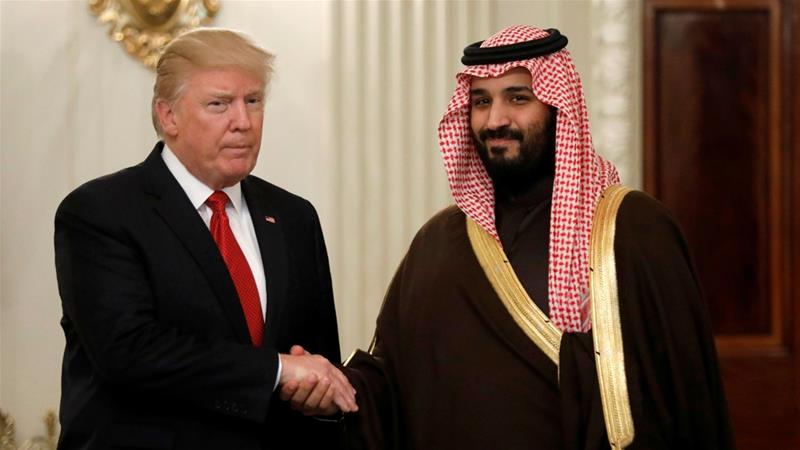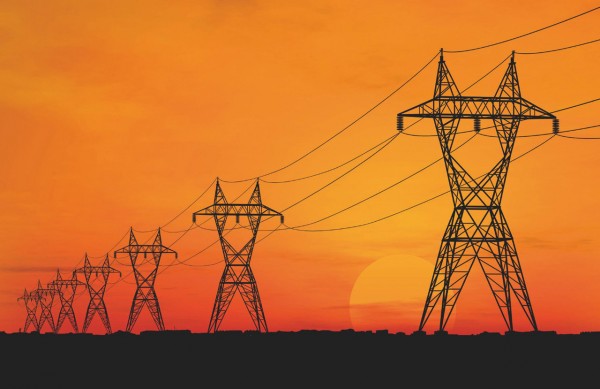
- President-elect Donald Trump pledges to prioritize domestic energy production, marking a departure from Biden’s administration, which faced criticism for its stance on fossil fuels.
- Trump’s plans include easing drilling restrictions, expanding energy infrastructure, increasing natural gas exports, and ramping up drilling on federal lands, aiming to solidify the U.S. as the world’s leading oil producer.
- Trump vows to undo climate policies, including re-exiting the Paris Climate Accord, revising emissions standards, and prioritizing fracking, despite its controversial nature.
- Trump’s administration may face hurdles in fully overturning the Biden-era Inflation Reduction Act, though it could limit its impact by tightening EV tax credits and imposing tariffs on Chinese-made EVs.
- Trump’s pro-energy agenda aims to deliver affordable energy, strengthen the U.S. economy, and bolster geopolitical influence by reducing reliance on foreign oil imports.
President-elect Donald Trump has reaffirmed his commitment to boosting oil and gas production, promising to unleash the full potential of America’s energy resources once he returns to the White House in January. Trump’s pledge to prioritize domestic energy production marks a sharp departure from the policies of the Biden administration, which has faced criticism from conservatives for its perceived hostility toward the fossil fuel industry.
Trump’s vision for the energy sector is rooted in his signature campaign slogan, "Drill, Baby, Drill," a phrase that harkens back to the Republican Party’s 2008 campaign and has become a rallying cry for his supporters. During his victory speech at the Palm Beach Convention Center in Florida, Trump reiterated his commitment to American energy independence, declaring, "Leave the oil to me. We have more liquid gold than any country in the world. We have more than Saudi Arabia. We have more than Russia."
The president-elect’s plans to revitalize the oil and gas industry include easing restrictions on drilling leases for energy companies, expanding energy infrastructure, and increasing natural gas exports. He has also signaled his intention to ramp up drilling on federal lands, a move that could unlock vast untapped resources and further solidify the U.S. as the world’s leading oil producer. According to the Energy Information Administration, the U.S. is expected to produce 13.5 million barrels of oil per day in 2025, surpassing previous years’ records.
Trump’s administration will also likely revisit and expand offshore drilling opportunities, as well as push for the completion of key pipeline projects, such as the Keystone XL pipeline, which was halted under the Biden administration. These initiatives are expected to streamline energy production and reduce reliance on foreign oil imports, bolstering the U.S. economy with affordable and reliable energy.
The president-elect’s focus on energy dominance is not limited to oil and gas. He has also vowed to roll back environmental regulations and undo policies that he claims have stifled American energy production. This includes re-exiting the Paris Climate Accord, which he has described as a hindrance to U.S. economic growth, and revising strict emissions standards for vehicles and power plants. Trump has promised to prioritize the use of fracking technology, a controversial but highly effective method for extracting natural gas from shale rock, which has been a cornerstone of the U.S. energy boom.
Trump’s pro-energy agenda has already garnered support from industry leaders. The American Petroleum Institute (API), which represents the nation’s largest oil and gas producers, praised the president-elect’s commitment to an "all-of-the-above" energy strategy. API President and CEO Mike Sommers stated, "Energy was on the ballot in 2024, and voters sent a clear signal that they want choices, not mandates, and an approach that harnesses our nation’s resources."
Despite bipartisan support, Trump's energy plan faces challenges
However, Trump’s plans to undo the Biden administration’s Inflation Reduction Act (IRA), a landmark climate and clean energy spending bill, may face significant hurdles. The IRA allocates $369 billion in subsidies for electric vehicle manufacturing, renewable energy projects, and other clean energy initiatives. While Trump has described the law as the "greatest scam in history," fully overturning it would require congressional action, which may be politically challenging given the widespread distribution of its benefits across both red and blue states.
Despite these challenges, Trump’s administration is expected to take steps to limit the law’s impact, such as tightening eligibility for electric vehicle tax credits and imposing tariffs on Chinese-made EVs. These measures could increase manufacturing costs and make electric vehicles less competitive in the U.S. market, potentially slowing the transition to cleaner energy sources.
The combination of Trump’s pro-energy policies and OPEC’s ongoing production cuts has created a favorable environment for U.S. oil and gas producers. Many companies have already hedged their production at prices ranging from 75-80 per barrel, ensuring profitability even if global demand remains weak. This strategic move positions the U.S. energy sector to maintain high production levels in 2025, regardless of short-term market fluctuations.
As Trump prepares to take office, his administration’s focus on energy dominance promises to reshape the U.S. economy. By prioritizing domestic oil and gas production, expanding infrastructure, and rolling back environmental regulations, Trump aims to deliver affordable energy to American consumers while strengthening the nation’s geopolitical position. For the millions of Americans who depend on the energy industry for their livelihoods, Trump’s "Drill, Baby, Drill" agenda offers a beacon of hope and a return to economic prosperity.
Sources include:
Please contact us for more information.


















